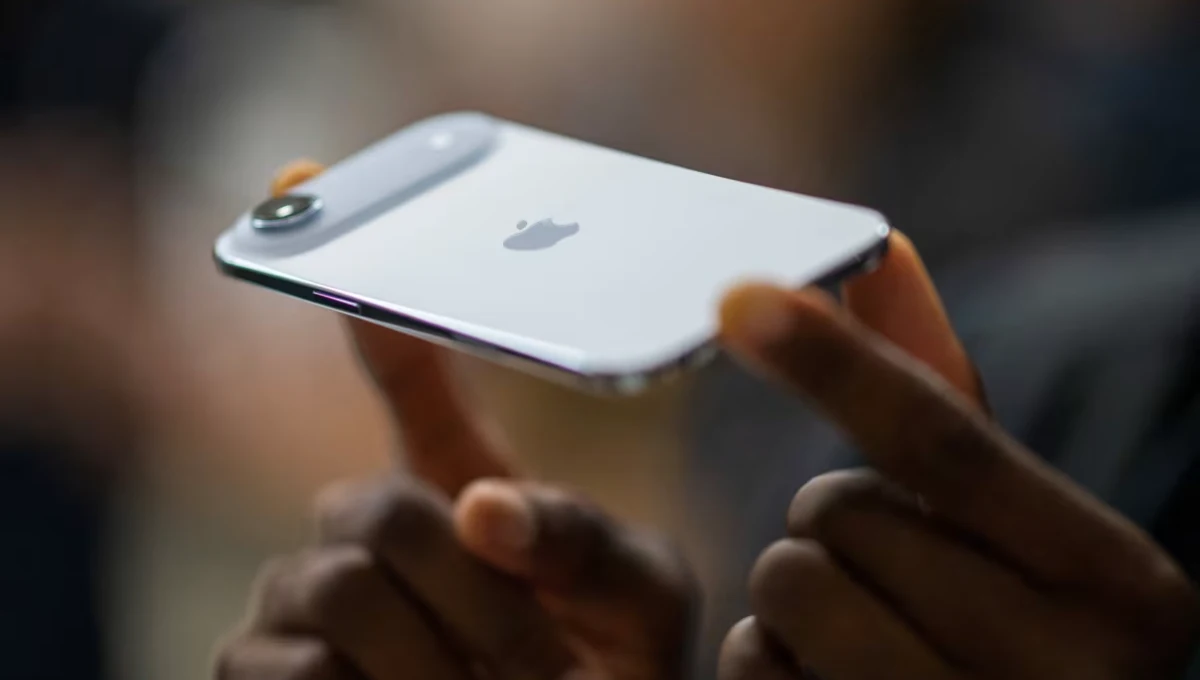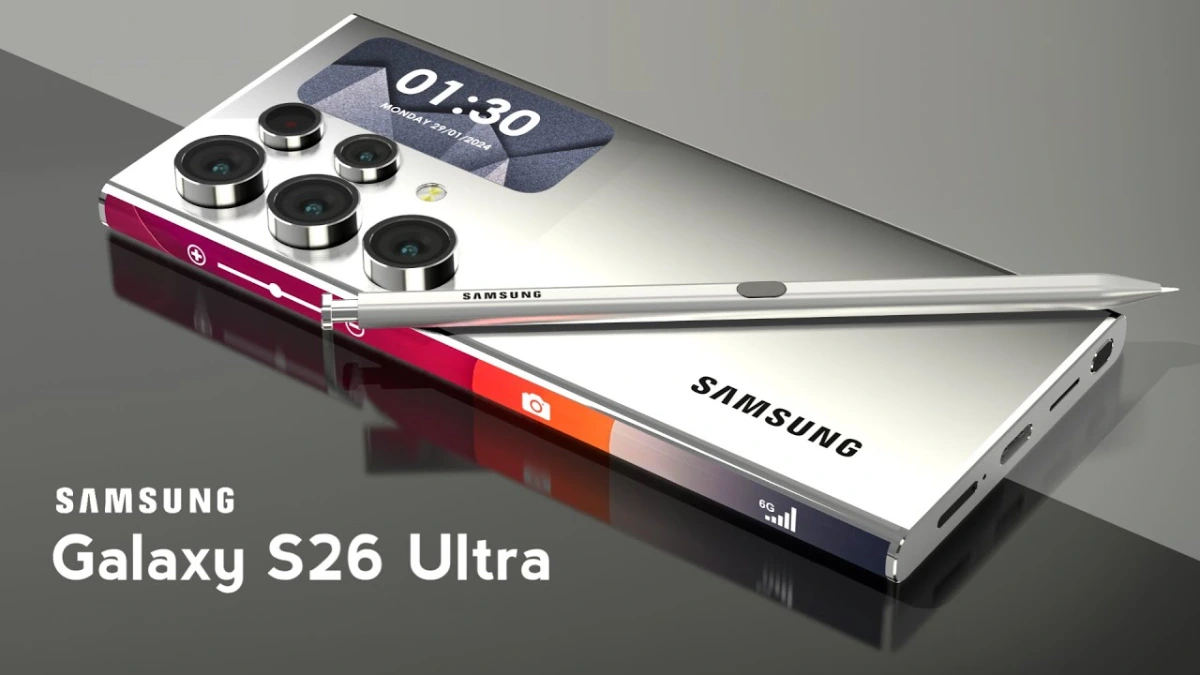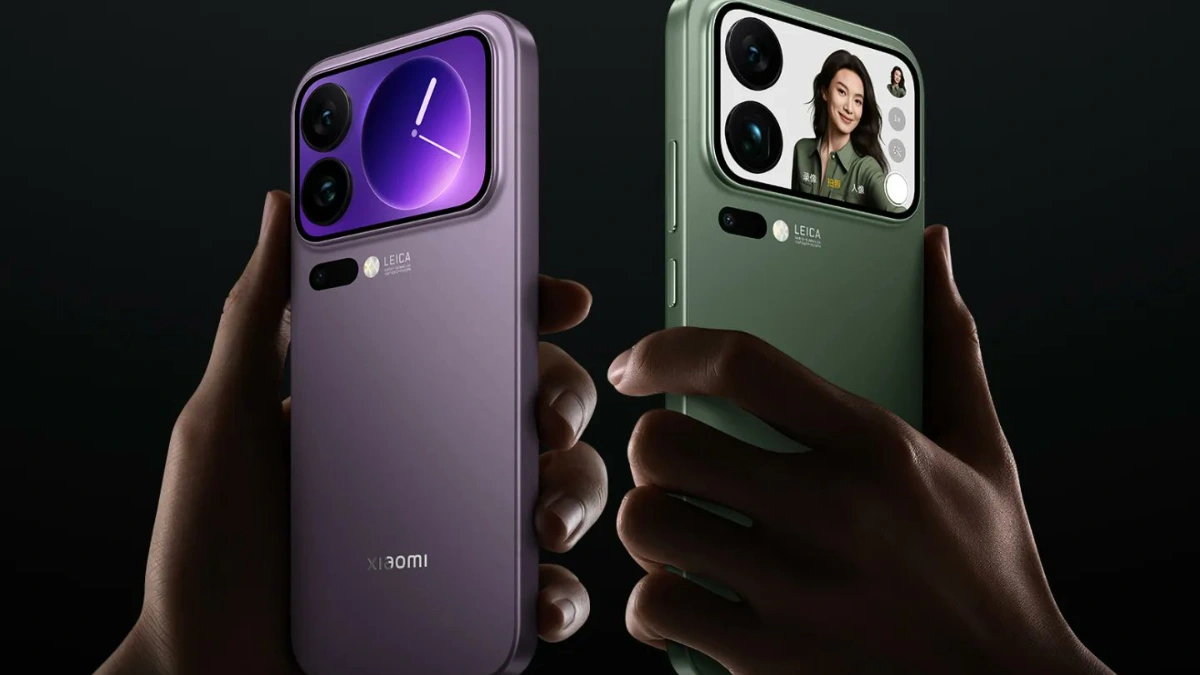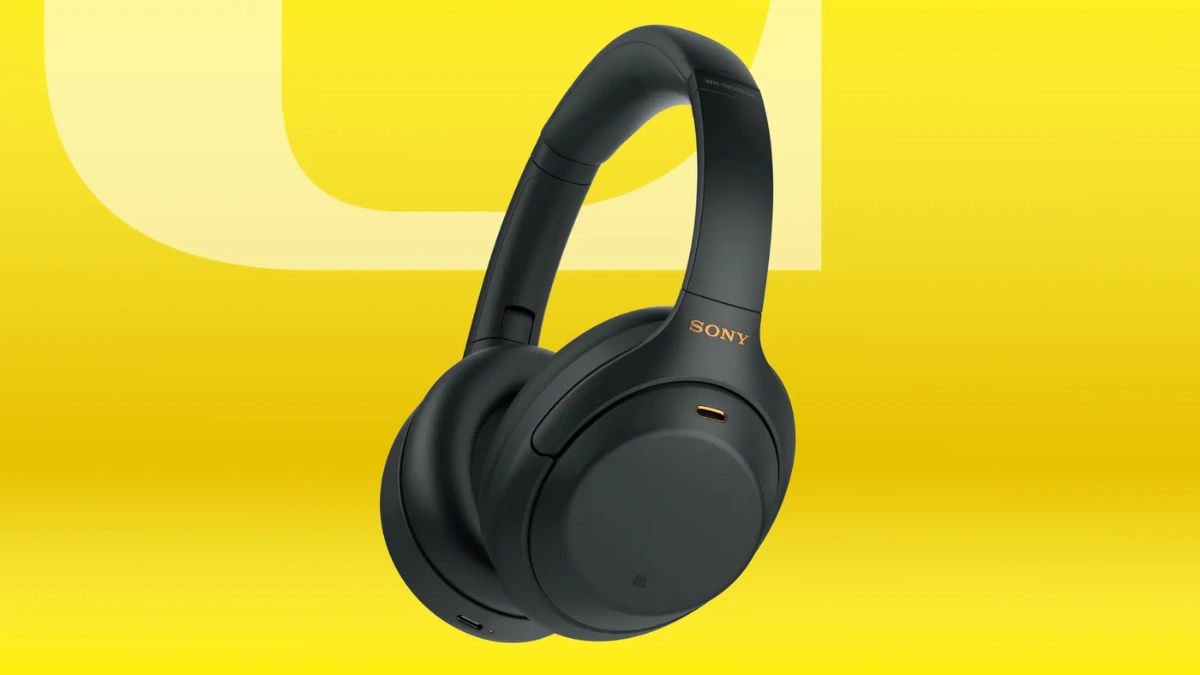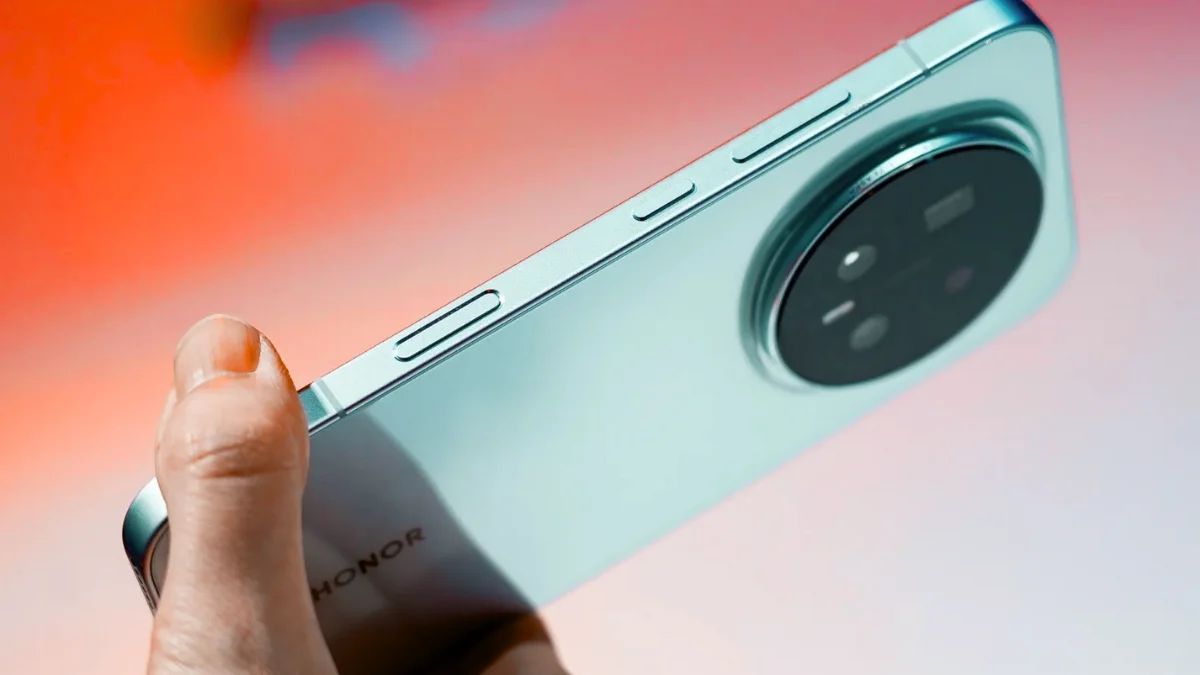Cupertino, California — Apple on Tuesday introduced the iPhone Air, its thinnest and lightest smartphone yet, marking the company’s most significant design overhaul in nearly 10 years. The device, described by Apple executives as “so thin and light, it seems to disappear in your hands,” aims to reignite consumer excitement in a slowing global smartphone market.
A Bold Move Amid Sluggish Smartphone Sales
For much of the past decade, smartphone upgrades have focused on incremental improvements such as sharper cameras and longer battery life. But those changes have not been enough to convince consumers to replace their devices more frequently. Market research firms say many users now keep their phones for four to five years, with upgrades often driven by necessity—like a failing battery or cracked screen—rather than enthusiasm for new features.
Also Read: Fantasy Football Week 2: Quarterback Start ’Em, Sit ’Em Picks
After years of declining shipments, the smartphone industry is showing signs of stabilization. Global sales grew 1.4% year over year in the second quarter of 2025, according to IDC. Still, lingering economic uncertainty and extended replacement cycles remain a challenge. Apple’s iPhone Air is seen as an attempt to reverse that trend and trigger what analysts call a long-awaited “upgrade supercycle.”
The iPhone Air’s Design Shift
The iPhone Air departs sharply from Apple’s incremental updates since the launch of the iPhone X in 2017. Although positioned below the flagship iPhone 17 and iPhone 17 Pro models, the Air offers a refreshed look intended to attract users who want a lighter, more modern design without paying for premium camera or screen upgrades.
The device also debuts Apple’s new N1 wireless networking chip, which the company says will enhance Wi-Fi and Bluetooth performance. Analysts believe such improvements could lay the groundwork for a future iPhone with no charging ports, relying entirely on wireless connections.
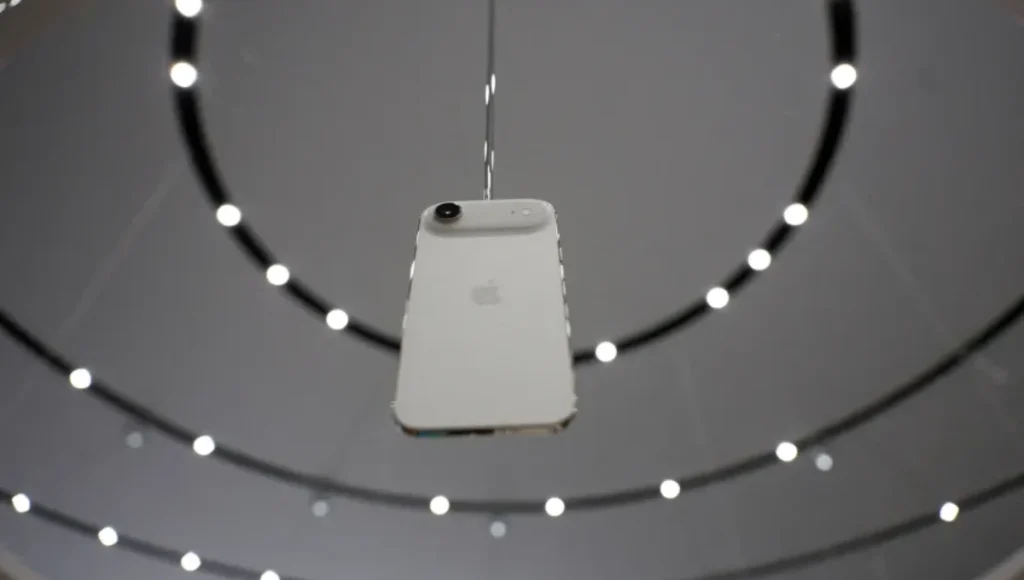
Analysts See Opportunity
Industry watchers say the redesign could persuade millions of iPhone owners who have held onto their devices for more than four years to finally upgrade. Dan Ives of Wedbush Securities estimated that 315 million of Apple’s 1.5 billion iPhone users are overdue for a refresh.
Forrester analyst Dipanjan Chatterjee noted that the Air could appeal to consumers “reluctant to upgrade their old models for the lack of a differentiated option.” The focus on slimness, he added, might also hint at Apple’s future ambitions in foldable devices, a category dominated so far by Samsung, Google, and Chinese competitors.
-
Samsung Galaxy S26, Z Fold 8 Could Feature Faster UFS 4.1 Storage With Snapdragon 8 Elite Gen 5
The Galaxy S26 and Galaxy Z Fold 8 may ship with UFS 4.1 storage, an underrated but powerful upgrade enabled … Read more
Looking Ahead
Apple has been diversifying its business for years with services and wearables to offset periods of weaker iPhone sales. Still, the iPhone remains its most important product, and the iPhone Air could set the stage for the company’s next era of smartphone innovation.
The launch comes as speculation grows that emerging devices like AI-powered smart glasses could eventually challenge smartphones as the center of personal technology. Apple executives have acknowledged that possibility, but for now, the company is betting that a bold redesign will be enough to rekindle excitement around the iPhone.
